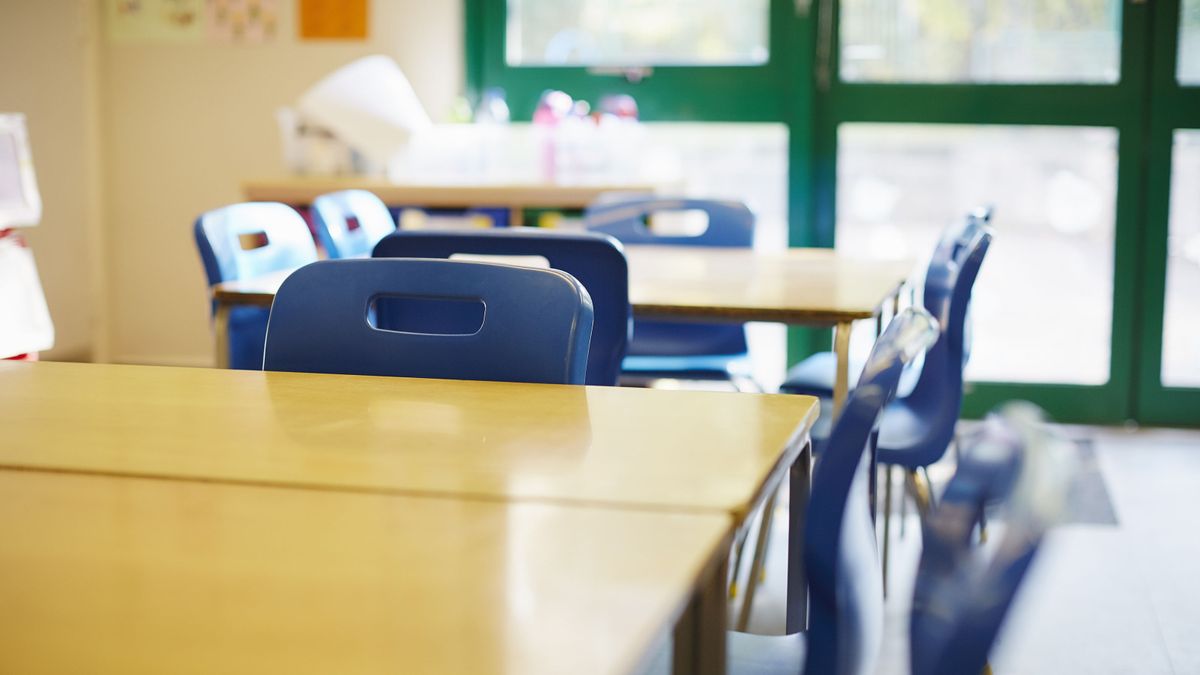The educator expense tax deduction has been adjusted upward for inflation. That’s a little bit of good news this tax filing season for teachers and other educators dealing with the normal pressures of managing students and classrooms. The higher educator expense deduction means that teachers and some counselors, principals or other instructors, can write off more for classroom expenses and supplies on 2022 federal income tax returns. Studies show that studies show that nearly 94% of teachers pay for their own classroom supplies and reportedly, in 2022, teachers planned to spend on average about $864.
So, if you’re an educator who has unreimbursed out-of-pocket classroom expenses, here’s what you need to know about the educator expense tax deduction.
Educator Expense Tax Deduction Amount
For this tax season, (i.e., the 2022 tax year) the maximum educator expense deduction is $300. That means that if you’re an eligible educator (more on that later), you can deduct up to $300 of out-of-pocket classroom expenses when your file your 2022 federal income tax return. And you don’t have to itemize deductions on your return to claim the deduction.
Sign up for Kiplinger’s Free E-Newsletters
Profit and prosper with the best of expert advice on investing, taxes, retirement, personal finance and more – straight to your e-mail.
Profit and prosper with the best of expert advice – straight to your e-mail.
If you’re married and you file jointly with your spouse, and they are also an eligible educator, you can deduct up to $600 of eligible classroom expenses. But each of you can only claim up to $300.
Why is the deduction higher for the 2022 tax year? For nearly twenty years, the annual limit for the educator expense deduction has been $250. But due in part to inflation, the IRS adjusted the educator expense deduction upward by $50 for the 2022 tax year.
Who Qualifies for the Educator Expense Deduction?
To be able to write off up to $300 of your unreimbursed out-of-pocket classroom expenses, you need to be an “eligible educator.” For tax purposes, an eligible educator is anyone who is a teacher, instructor, counselor, principal, or aide at a school for kindergarten through twelfth grade.
With the educator expense deduction, it doesn’t matter whether you work in a public school or private school—each environment qualifies. But you must work at least 900 hours during the school year to be able to claim the educator expense deduction.
What Qualifies as an Educator Expense?
There’s a wide variety of “qualified expenses” that educators can claim for the educator expense deduction.
For example, if your school doesn’t reimburse the cost of books, supplies, and other materials that you use in the classroom, the amount that you pay out of pocket for those can be deducted on your federal tax return. The unreimbursed cost of computers, software, and related services are also considered qualified expenses for purposes of the deduction.
You can also deduct the cost of items that you bought to help protect against COVID-19 in the classroom. That might include for example, masks, disinfectant, hand soap and sanitizer and disposable gloves. It also can include larger items like air purifiers that were more common during the pandemic.
However, in all cases, other expenses for home schooling or non-athletic supplies for physical education teachers, for example, cannot be deducted. That’s because the IRS does not consider those to be qualified expenses.
What About Professional Development? If you’re an eligible educator, you can deduct the unreimbursed costs of professional development courses that are related to what you’re teaching your students at school. However, those courses would still be subject to the $300 deduction limit.
But there are other tax credits that may be helpful if you have significant expenses for continuing education and professional development. For example, the IRS points to the lifetime learning credit, which can help pay for courses that you use to gain or improve job related skills. That credit can be up to $2,000 if you’re eligible.
Educator Expenses Bottom Line
In any case, however, if you need classroom supplies, and like many teachers and educators, pay for those supplies yourself without reimbursement from your school, keep accurate records of what you paid, what you bought, and where and when you bought it. That documentation might be needed if you’re planning to claim the up to $300 educator expense deduction on your 2022 federal income tax return.

